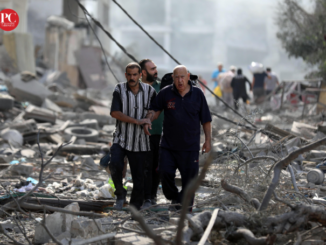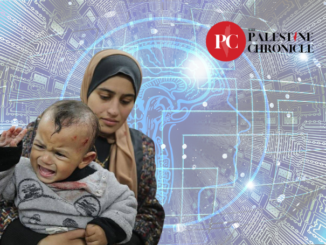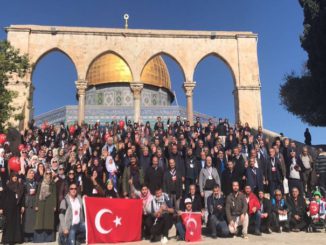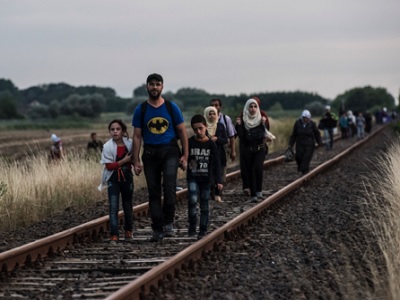
By Jim Miles
(Ramzy Baroud. The Last Earth: A Palestinian Story. London: Pluto Press, 2018. Order it now)
The Last Earth is a masterful weaving of personal stories into the full tapestry of a people, of individuals, torn from their homes and homeland. It is the kind of history not bound up in sequential dates, political theories, or geopolitical imperatives, but is the story of the people who are living the history.
From that, it is a compelling read that moves the emotions through a range of feelings. A sadness derived from the suffering of the individual stories grouped to represent a whole people. Despair at the inhumanity and suffering imposed on individuals who simply wish to live a comfortable life – a comfort not represented by material goods and possessions, but by family, friends, hard work, and the land. Disbelief and incredulity – not so much an emotion as a numbness at the psychological and physical tortures endured by each individual, family, village as their lives are shattered, as they attempt to escape and rebuild, knowing they have no homeland, no Last Earth. A reflective melancholy when each story ends, wondering when the story really will end, when a personal peace if ever, would arrive.
"The Last Earth: a Palestinian Story", reviewed by Jim Miles. pic.twitter.com/cud6iNK5Zs
— Ramzy Baroud (@RamzyBaroud) September 25, 2018
Is insanity an emotion? Where one group of people without care attempt to eliminate the presence of another? Where drunkenness, anger, pornography, violence, death threats, and cigarette burns and electric shock and other kinds of torture highlight the treatment under detention for lies coerced from collaborators? Where other people refuse to accept and understand the story itself, and those living the story often appear to not understand it? How does one understand the inhumanity – the insanity – of human savagery and human uncaring against itself?
At the same time the bond between individuals, the love of family, children, spouses, parents, and grandparents ranging over distances and time never fades, seldom loses hope. The ties to homeland, the soil, the rocks making the houses, walls, and enclosures, the gardens, pastures, are all held dear. Perseverance, stubbornness, directed anger, steadfastness sustain those bereft of loved ones, family, of homeland.
Seldom do I feel raw emotion when reading contemporary historical works, but the powerful writing style of Ramzy Baroud’s The Last Earth brought to the surface the emotion I try to suppress when advocating for a particular event or occurrence that strikes me deeply in one manner or another. The success of this book is in that emotion, an emotion wrapped around the tragic trajectories of individual lives caught up in a struggle imposed on them from the outside.
It is a must-read for anyone caring to understand the tragedy and steadfastness of the Palestinian situation, while also being reflective of the larger human condition.
– Jim Miles is a Canadian educator and a regular contributor/columnist of opinion pieces and book reviews to Palestine Chronicles. His interest in this topic stems originally from an environmental perspective, which encompasses the militarization and economic subjugation of the global community and its commodification by corporate governance and by the American government.
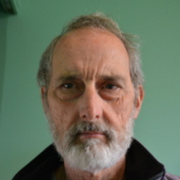
– Jim Miles is a Canadian educator and a regular contributor/columnist of opinion pieces and book reviews to Palestine Chronicles. His interest in this topic stems originally from an environmental perspective, which encompasses the militarization and economic subjugation of the global community and its commodification by corporate governance and by the American government.



